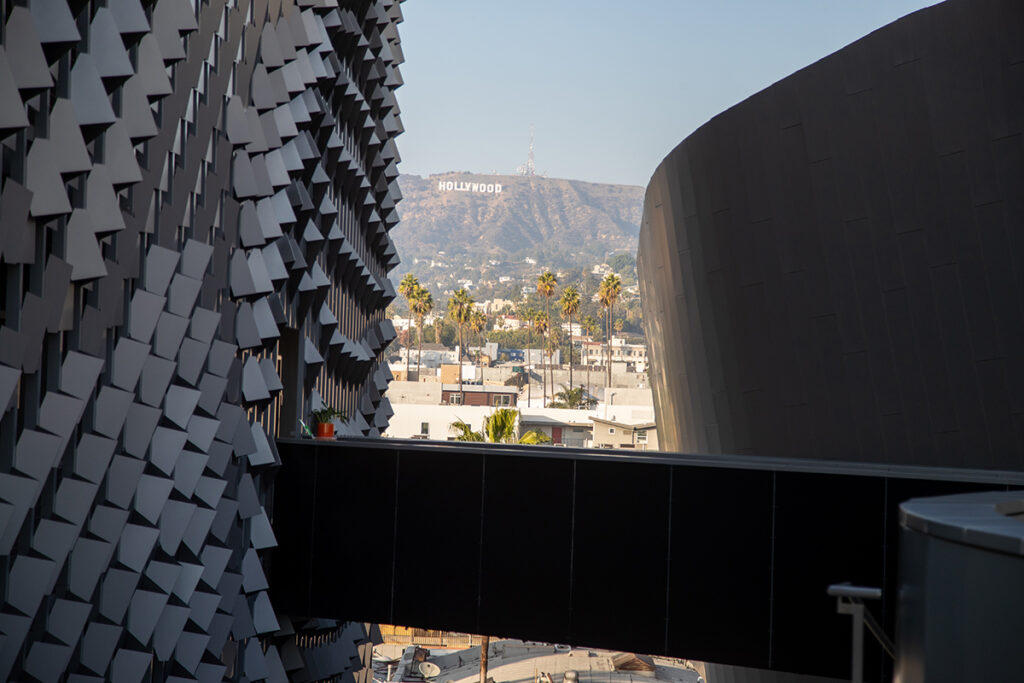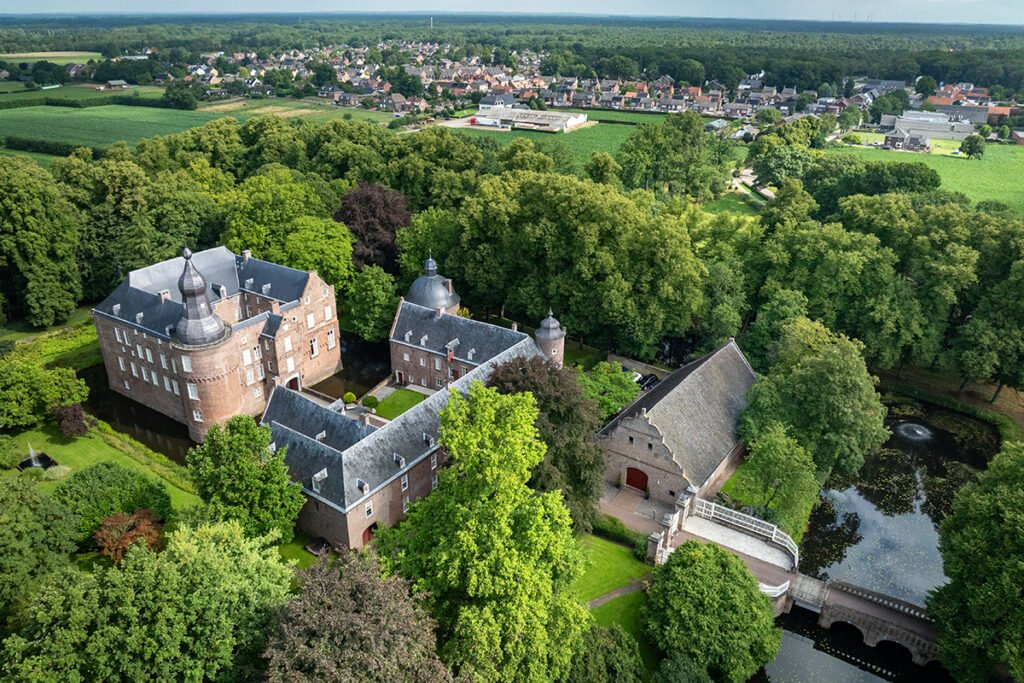Community Engagement, Data, Foundation of College’s Strategic Planning Process

With Emerson’s current strategic plan period ending, the College is taking the opportunity to inform and refresh its strategic direction through the next six years.
Since December 2023, the Strategic Planning committees, with the help of Huron Consulting Group, have been asking those who study, work, teach at, or hire graduates from Emerson what they think the College’s priorities should be as it closes in on its 150th anniversary in 2030.
A number of topics have started to surface in these discussions: affordability; alumni engagement; community impact; community building; equity, access, and social justice; faculty development; financial sustainability; industry partnerships; international programs; student success; and technological advancement/innovation are among them.
“[The Strategic Plan] impacts everything from enrollment to where our resources go and how we think about facilities … what are the courses and the curricular changes we need to make to align with the strategic plan,” said Vice President of Strategy, Innovation, and Institutional Initiatives Jon Derek Croteau, who has been managing the process since his arrival in July. “It really is the backbone of who we are and where we want to go.”
So far, 45 individual interviews and 19 focus groups have met with Huron teams, with four more focus groups still on the docket, according to the consulting group helping the College with community engagement and data collection. Stakeholders representing students, faculty, staff, alumni, parents, governing boards, global partners, media and entertainment industry leaders and others have weighed in on how they see Emerson evolving. Another 142 community members filled out an anonymous feedback form on the Strategic Planning webpage (which is still open for input).

As the current phase (Phase 3) of the planning process comes to an end, students, faculty, and staff will be sent a link to a survey that will help to inform next steps, including an initial draft of the plan’s framework.
The anonymous survey is short, and, according to Croteau, should take less than 10 minutes to complete.
He stressed that when it comes to building the pillars that the College will rest on for the next six years, the more people who participate, the stronger the foundation.
“We want to make sure that there is a cross-section and a great representation of Emersonians: faculty, staff, students… We want everyone to have this voice,” Croteau said.
As the process moves into the next phase, Huron will continue to engage stakeholders, and rely on the work of three multidisciplinary working groups who are approaching the initiative in different ways.
Chief Information Officer Brian Basgen chairs the External Market Working Group, which analyzes data on Emerson’s peers and competitors to see where Emerson fits in the higher ed ecosystem and what unique strengths and value propositions it brings.
“We have been looking to identify data that can help inform decisions about future priorities and opportunities,” Basgen said.
The Future of Emerson Working Group, chaired by Communication Sciences and Disorders Chair Nydia Bou, is looking at prior strategic plans, accreditation self-studies, and other comprehensive documentation to provide historical context to the current process.
“We think this committee will share documents that can trace back projects and ideas that were not completed or put into action, share successful projects that were or are working, and, with that background, provide ideas and suggestions for the plans for the future,” Bou said.

Finally, the Constituent Engagement Working Group, chaired by Vice Provost of Internationalization & Equity Tony Pinder, looks at the themes and priorities arising from all the feedback being gathered via focus groups, one-on-one conversations, online forms, and the community surveys, as well as the work of the other two subcommittees.
From that, they will make recommendations to College leadership regarding the strategic pillars of the plan. A draft of the Strategic Plan should be complete by the end of the Fall semester, presented to the Board of Trustees, and shared with the community once it is finalized and approved.
“We have been intentional in our efforts to create multiple opportunities for community engagement,” Pinder said. “The goal of the Constituent Engagement Working Group is to listen to the College’s diverse constituents and recommend long-term, sustainable goals that truly reflect our collective values and aspirations. But that can only happen if everyone is involved in the process.”
Huron is collecting and crunching all this data, Croteau said, “but then we’re looking at it from an Emersonian lens and making recommendations …that are truly Emersonian.”
Categories